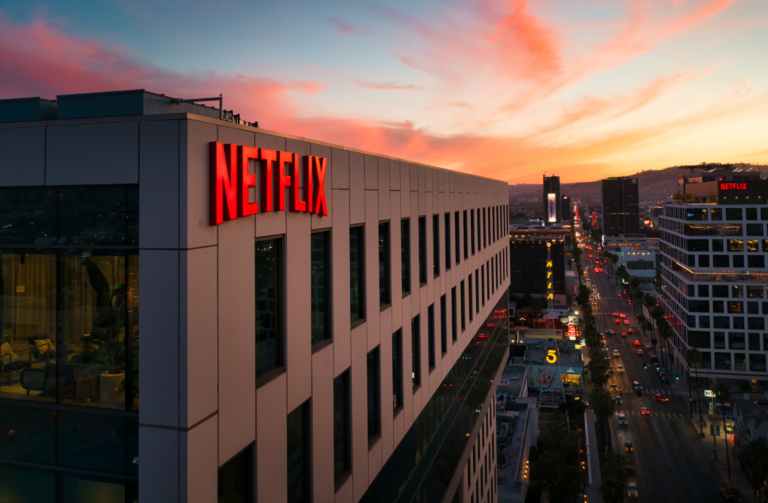
Prime Minister Keir Starmer is facing widespread criticism following a speech on immigration that some politicians and campaigners say mirrors the language of the far right. In particular, Starmer’s warning that the UK risks becoming an “island of strangers” without stricter migration controls has drawn comparisons to Enoch Powell’s infamous “rivers of blood” speech.
In his remarks, delivered during a Downing Street press conference, Starmer unveiled new plans including stricter English language requirements and tighter visa rules aimed at reducing net migration. He insisted the UK needs “fair rules” to maintain national cohesion, saying: “In a diverse nation like ours … we risk becoming an island of strangers, not a nation that walks forward together.”
The backlash was swift. Labour MP Zarah Sultana condemned the speech as a disgrace, accusing Starmer of “imitating” Powell’s rhetoric. “Echoing it today adds to anti-migrant rhetoric that puts lives at risk,” she said. Other Labour figures, including Nadia Whittome and Sarah Owen, also voiced alarm, warning that such language risks stoking racism and division.
Green party leadership contender Zack Polanski criticized the speech as a deliberate nod to Powell’s words, calling it “not even subtle.”
Starmer defended his stance, clarifying that he values the contributions migrants make to the UK but emphasized that newcomers should “learn the language and integrate.” He said: “Britain is an inclusive and tolerant country, but the public expect that people who come here should be expected to learn the language and integrate.”
The speech coincided with the release of a 69-page immigration white paper proposing sweeping reforms. Key proposals include raising skill requirements for foreign workers to degree level, stricter English language standards for all visa applicants and their dependents, and extending the path to citizenship from five to ten years.
The reforms are projected to reduce net migration by around 100,000 people annually, bringing it down to 300,000 by 2029. Current net migration stands at 728,000, down from over 900,000 under the previous Conservative administration.
While business leaders acknowledge the need to support local workers, some criticized the government’s approach. Rain Newton-Smith, head of the Confederation of British Industry, noted that hiring foreign workers is already expensive and challenging. “They are not the ‘easy’ or ‘cheap’ alternative,” she said.
Critics suggest the hardline rhetoric is partly aimed at countering the electoral rise of Reform UK, led by Nigel Farage, which made notable gains in recent local elections.
Starmer insists the reforms are about restoring public trust and ending what he called the “open border experiment” of the previous government. He concluded: “It’s about rolling up our sleeves and fixing the broken immigration system … backing British workers and delivering the change people voted for.”








